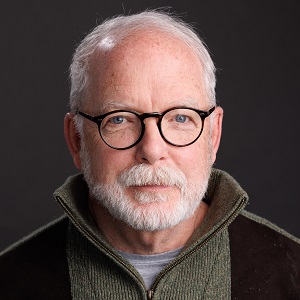The Interview
The Interview is part of guest writer David Griffith’s Muddy Boots blogs series.
When I graduated from college and started interviewing for my first job, I was fortunate to get an interview with IBM. One of the meetings was with a branch manager in New York City. I walked into his office, and he was sitting behind his desk. I sat in front. Early on in the interview, he pulled out of his desk a set of wooden-handled, rubber-tubed stretching exercisers called a pull-apart. While he asked questions, he pulled the handles apart, perhaps 30 or 40 times. Near the end of the interview, he tossed them into his desk drawer.
“I have one more question.”
“OK”
“Can you use these?” Tossing me the pull-apart.
“Sure”
As much as I pulled and tugged, I could not get them apart. Not an inch. I asked him what I was missing.
“Nothing, thank you for coming in. We will call you.”
I was sure I had blown the interview.
Two days later, I was hired.
Fast forward 20 years, and I’m sitting down with my family at our new church as I start a new job at Modern. In the back, a familiar voice asks, “Dave, good to see you, what brings you here?” My retired branch manager was now a fellow member of our new church. We became good friends and collaborated on several volunteer projects together.
One day over coffee, I asked him about the pull-apart interview. He laughed.
You did fine. I had two pairs in my desk — one with rubber that stretched, and one made out of a fan belt. You couldn’t have pulled those apart with a pull-along.
I must have looked confused. He went on, and I wanted to see how you handled the pull-apart. Most folks busted a gut trying to pull it apart. Most people get frustrated. What I look for is how people dealt with adversity. Almost no one asks for help. We wanted folks who would try, make an assessment, and not be afraid to ask for help. Our work is intricate, and we wanted people who would be willing to ask for the how and keep moving forward. The background is essential, chemistry even more.
It is not individual talent, but the talent of the team. Those of you who read muddy boots will recognize the message: talent matters. Every time I interview, I look for that chemistry.
Years later, I visited with him days before he passed away from cancer. We talked, remembered, and laughed.
The day after he died, a package arrived in my mailbox. It was the pull-apart with a note.
He was still being my mentor.
They sit in my office.

